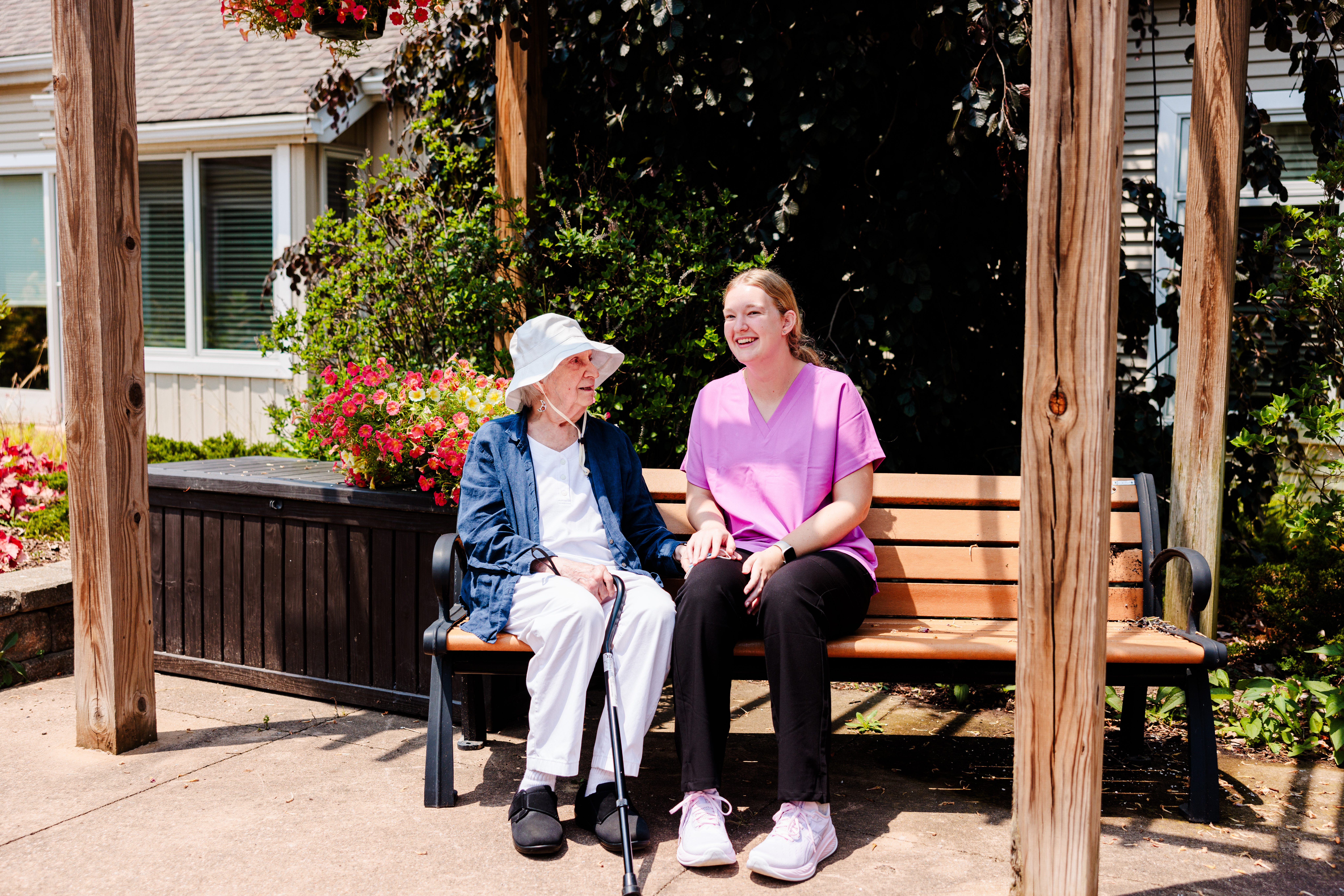Your Sex Questions, Answered
by Rebecca Meiser | Aug. 30, 2016 | 7:00 PM

It’s a staple of every women’s magazine cover: “Intense Sex: Have it Tonight” and “How to De-stress with Sex.” But how do you get beyond the pages of advice and put it into practice between the sheets? We talk to Dr. Roya Rezaee, co-director of the Program for Sexual Function and Vulvovaginal Health at University Hospitals MacDonald Women’s Hospital about how to better understand your body, why sex is important to your health and how to improve your own sex life.
Q: Is there really one great “secret” to having better sex?
A: It’s kind of a loaded question. One of the secrets is really knowing yourself and being honest about what your needs are. For a lot of us, we don’t understand our bodies: what turns us on, what arouses us — and we expect someone else to figure it out for us. That’s the very first misstep. After that, we get drawn down a path where we’re having a sex life that is good enough at times — but not great or long-lasting.
Q: How do you get that enlightenment or understanding?
A: The first step is realizing that these feelings run deep. You might have grown up in a household where your parents never had sex or you never saw your parents kissing. That’s an early frame set for how you might be looking at sex now. It’s an important thing to understand. You also need to pay attention to what feels good and understand what parts of your body you like to have touched. Your partner won’t know if you don’t tell them.
Q: Is sex actually beneficial to your health?
A: In many ways, yes, sex does improve your health. It improves your mental health. It also burns calories, increases your heart rate and promotes flexibility. And the female genital tract actually runs better when you use it more.
Q: How can you keep up your sex life with kids and a job, and life getting in the way?
A: We make time for the things we enjoy in life: friends, hobbies. As our days get filled with more and more responsibilities, it’s a good idea to schedule intimacy into your life as well. It may not seem romantic or spontaneous, but if you keep waiting for the spontaneity to happen, you could go weeks or months without sex. Sometimes scheduling it promotes a feeling of anticipation, which in and of itself is a turn-on.
Trending
-
1
-
2
-
3
-
4
-
5










